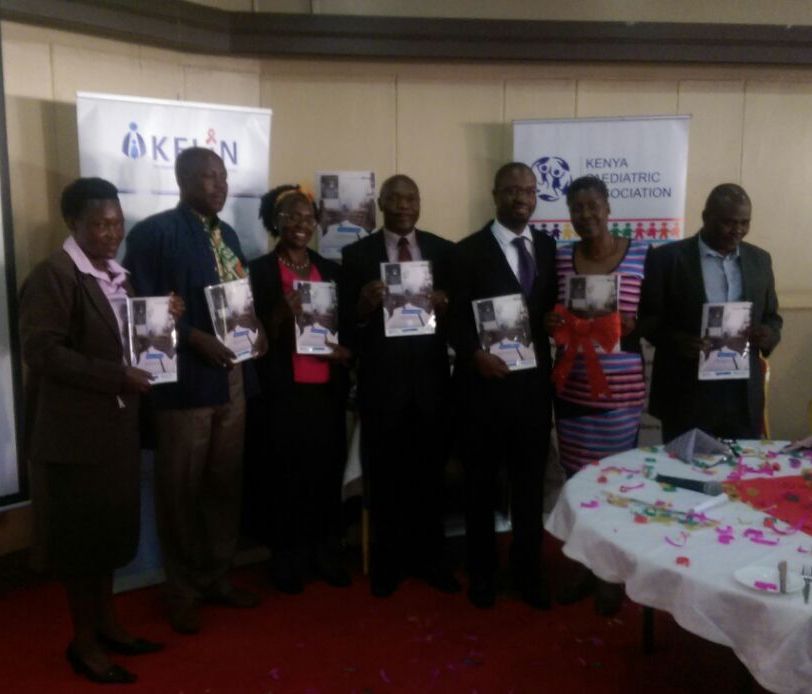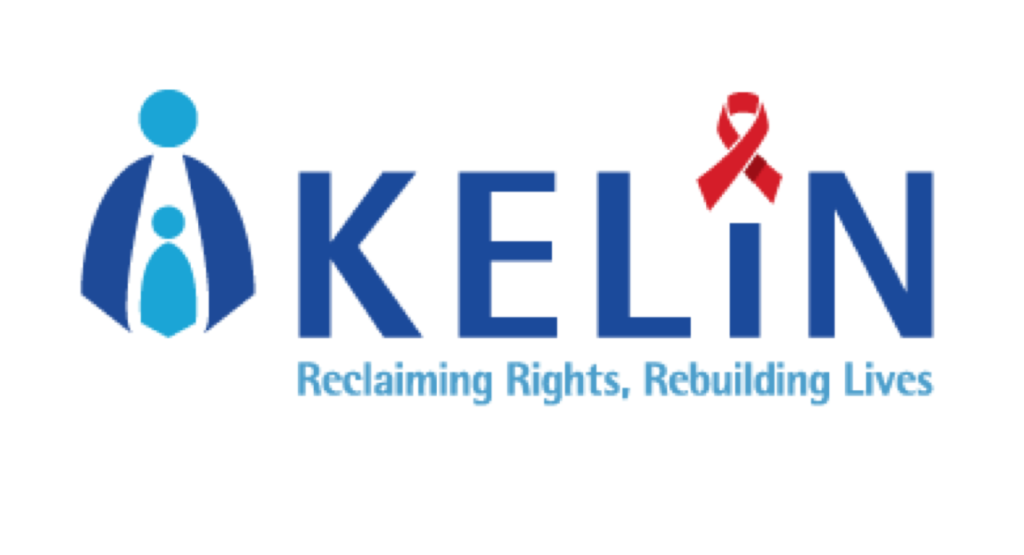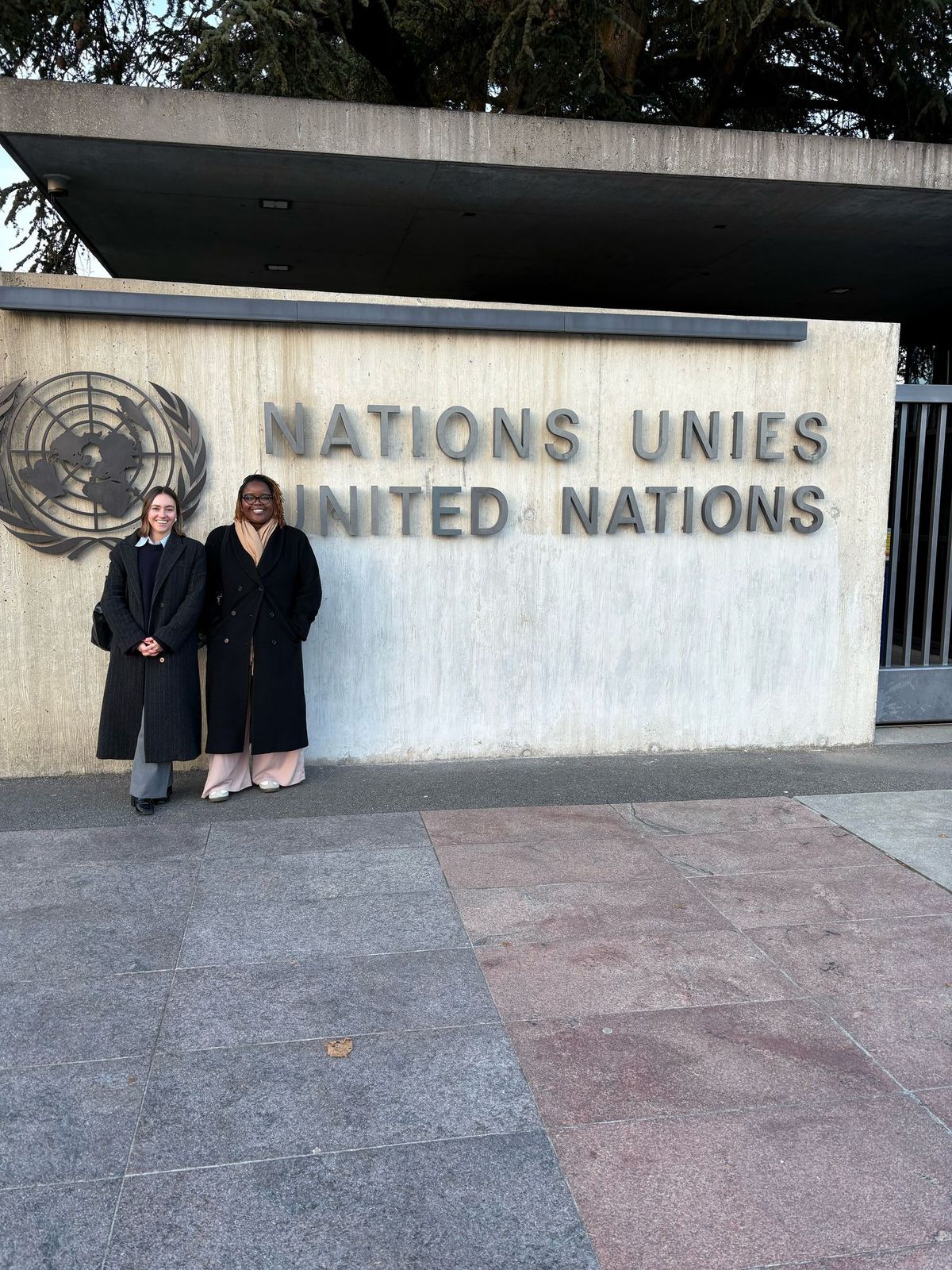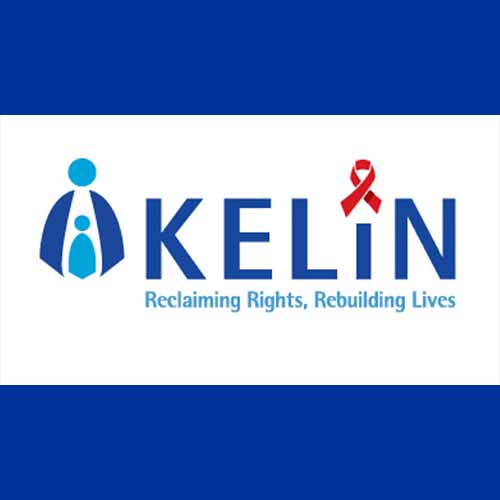
HIV experts launch the study on the rights to privacy and confidentiality for persons living with HIV accessing health services in Nairobi County
KELIN with support from Privacy International convened a breakfast meeting to launch a study report on the rights to privacy and confidentiality for persons living with HIV (PLHIV) accessing health services in Nairobi County. The meeting brought together 28 key stakeholders in the Health Sector and was held on 18 December, 2014 at the Silver Springs Hotel in Nairobi, from 7.00 am to 10.00 am.
The breakfast meeting was a buildup of a study that was carried out in partnership with Kenya Paediatric Association (KPA) and National Empowerment Network of People Living with HIV (NEPHAK), and sought to establish the extent to which rights to privacy and confidentiality are upheld in health service delivery for PLHIV. The study respondents comprised of health care workers (HCWs) and PLHIV at Kenyatta National Hospital.
The official launch of the research report was preceded by a keynote address by Mr. Ambrose Rachier, KELIN Chairperson. He underscored that privacy and confidentiality are at the root of all interventions needed to arrest the spread of HIV. Even so, he added that privacy and confidentiality remain the most controversial issues in HIV rights. Breach of privacy, he said, fuels stigma which in turn leads to discrimination of PLHIV. Mr. Rachier noted that the research findings had revealed two crucial gaps:Inadequate knowledge privacy as a right both among HCWs and patients; and People whose rights are violated do not know where to go for redress.
In view of the gaps above, Mr. Rachier highlighted the need for continued sensitization of PLHIV on their rights while also sensitizing HCWs on their obligations to respect the rights of PLHIV, particularly the right to privacy and confidentiality.
The main findings of the study were as follows:
- There was a general basic understanding of the concepts of human rights and of privacy as human rights among respondents. Specific knowledge is low.
- Respondents had low awareness of legal institutions and instruments that deal with human rights violations and HIV related issues.
- Breach of the right to privacy occurs in health care settings as well as in other settings such as the workplace, the family and in the insurance sector. Despite the breach, majority of PLHIV do not seek redress due to inadequate knowledge on rights and mechanisms for redress.
- Practical implementation of the right to privacy and confidentiality is poor. The measures taken by health care facilities to protect the right are only minimal.
A link to the report is available at https://kelinkenya.org/wp-content/uploads/2010/10/Research-Findings-on-Privacy-Confidentiality-for-PLHIV-Accessing-Health-Sevices-in-Nairobi-County.pdf
To contribute to the discussions during this forum follow KELIN on our social media platforms for the latest updates:
Twitter: https://twitter.com/KELINKenya using hashtag #HIVrights
Facebook: http://www.facebook.com/kelinkenya
Youtube: http://www.youtube.com/user/kelinkenya


